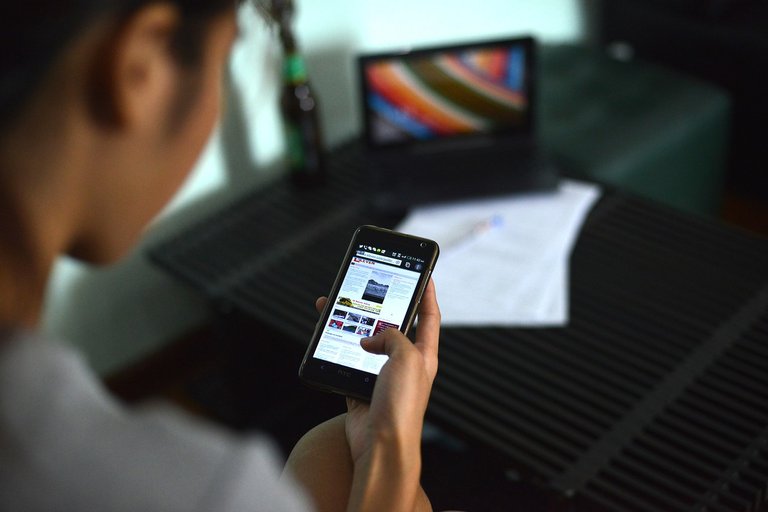In today's hyper connected world, it's become increasingly rare to find someone without a smartphone in hand. These pocket-sized devices have transformed the way we communicate, work, and play. However, there's a growing movement of individuals who have chosen to opt-out of this smartphone revolution in favor of a simpler, phone free lifestyle. In this article, we'll explore the motivations, challenges, and benefits of living without a phone.
The Motivation Behind It:
People who decide to go without a phone have various reasons for their choice. For some, it's a desire to escape the constant digital noise and regain control over their lives. They may have experienced the addictive nature of smartphones and decided to break free. Others are concerned about privacy and data security issues, which have become increasingly prevalent in the smartphone era. A phone free lifestyle provides them with a sense of security.
Challenges Faced:
Going phone free is not without its challenges. One of the most significant hurdles is staying connected with friends and family. While there are alternative means of communication like email or landlines, the absence of instant messaging and social media can make keeping in touch more difficult. Additionally, many day-to-day tasks, from navigation to online shopping, are now heavily reliant on smartphones. Finding substitutes for these functions can be cumbersome.
The Benefits:
The benefits of living without a phone are numerous. People who embrace this lifestyle often report feeling more present and less distracted. They can fully engage in conversations and enjoy the world around them without constant interruptions. This detachment from the digital world can also lead to improved mental health, as users are less prone to the anxiety and stress that often accompany smartphone use. Privacy is another significant advantage, as phone free individuals have fewer concerns about data breaches and invasive tracking.
Alternatives and Solutions:
For those considering going phone free, there are alternatives to help fill the communication and productivity gaps. Basic feature phones or "dumbphones" can be used for essential calls and texts, while other devices like tablets or laptops can be utilized for tasks that require internet access. Digital detox retreats and apps can help manage smartphone addiction and offer support during the transition to a phone free lifestyle.
The Future of Phone Free Living:
While it's unlikely that smartphones will become obsolete any time soon, the phone free movement represents a growing awareness of the importance of digital balance. As technology continues to advance, more people may choose to limit their smartphone usage, or even go entirely without one. This movement challenges our perception of progress and highlights the importance of maintaining human connections and privacy in an increasingly connected world.
In conclusion, the decision to go phone free is a personal one, driven by various motivations and goals. While it comes with its share of challenges, the benefits of a simpler, more connected, and private life can be deeply rewarding. In a world dominated by smartphones, the choice to say, "No phone for me," is a bold statement that encourages us to reflect on our own relationship with technology and consider how we can achieve a healthier balance between the digital and physical realms of our lives.



